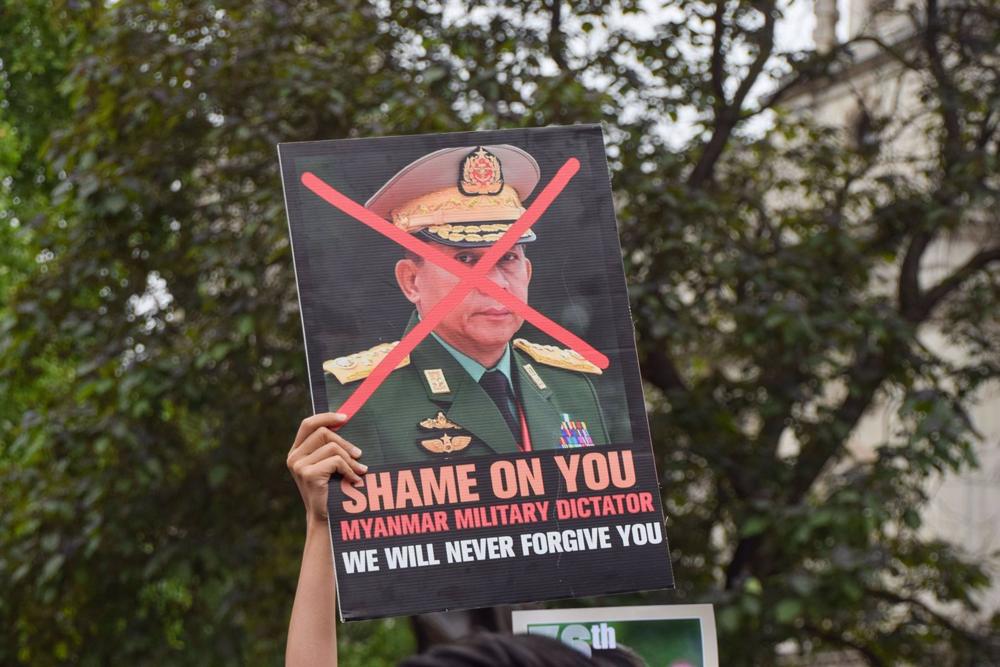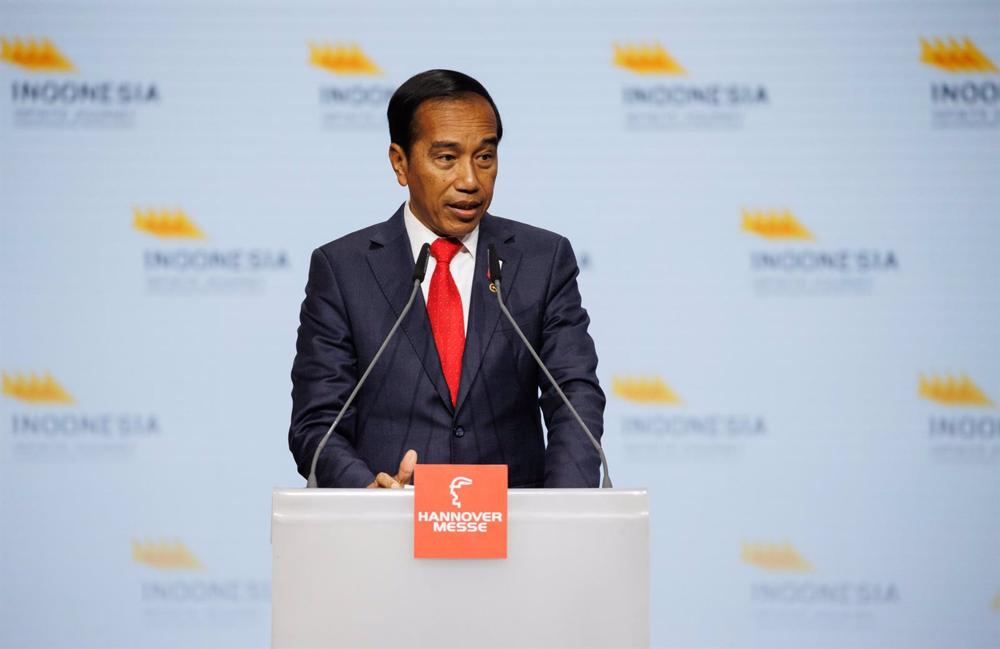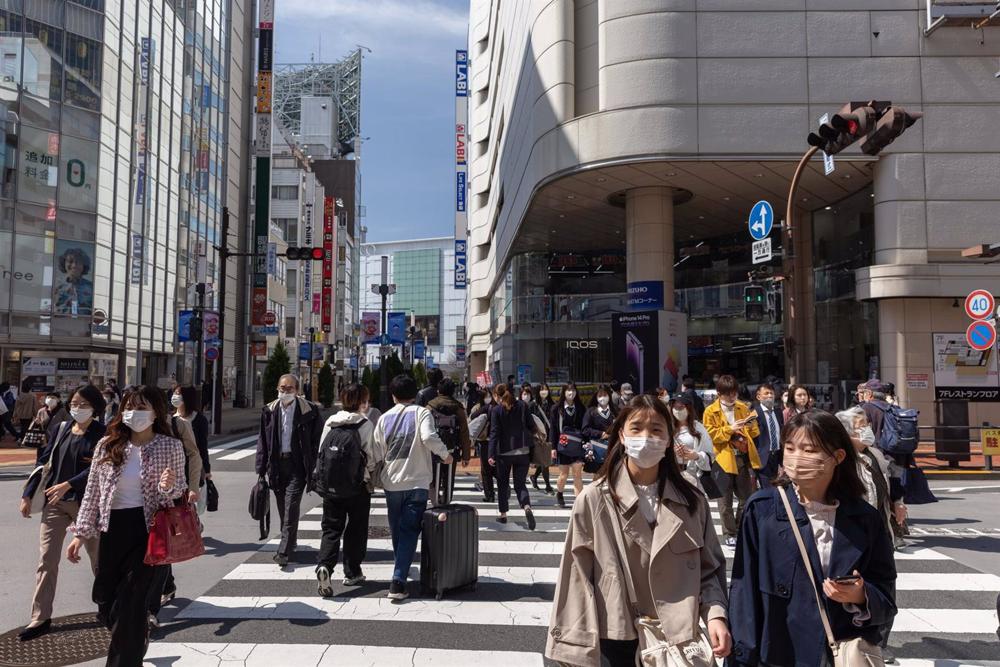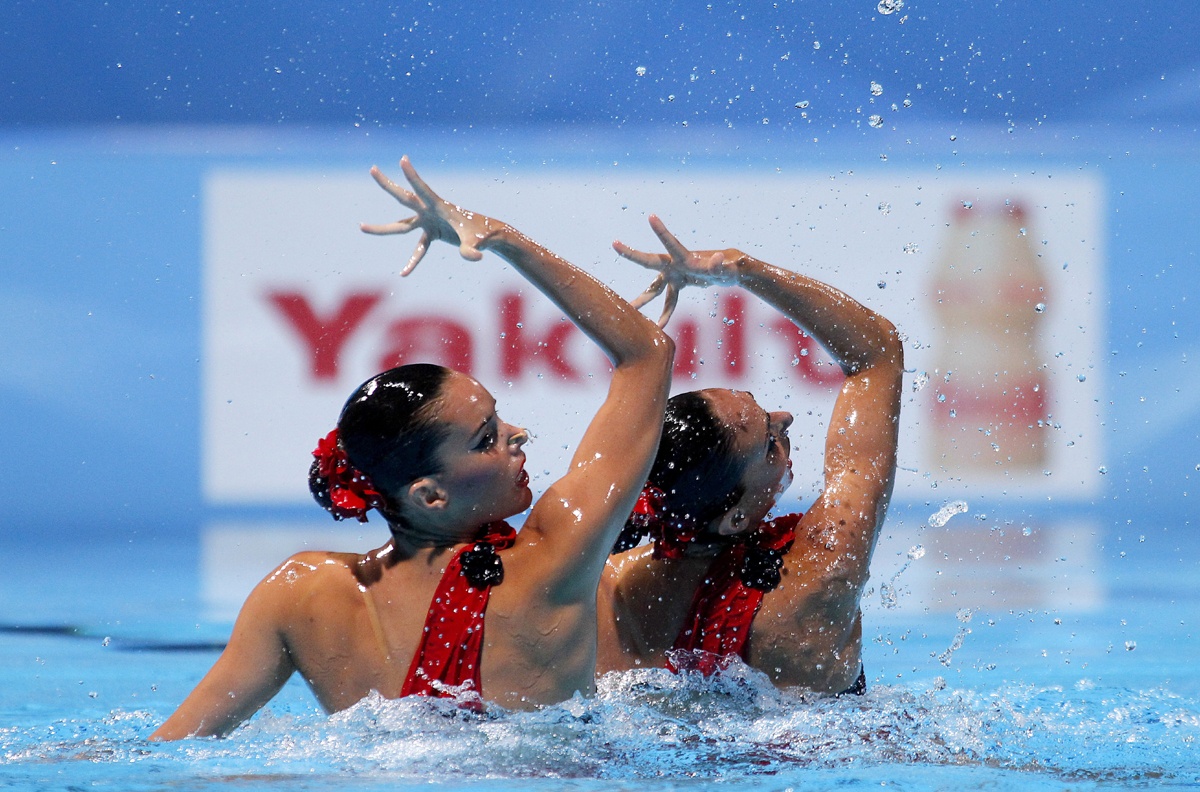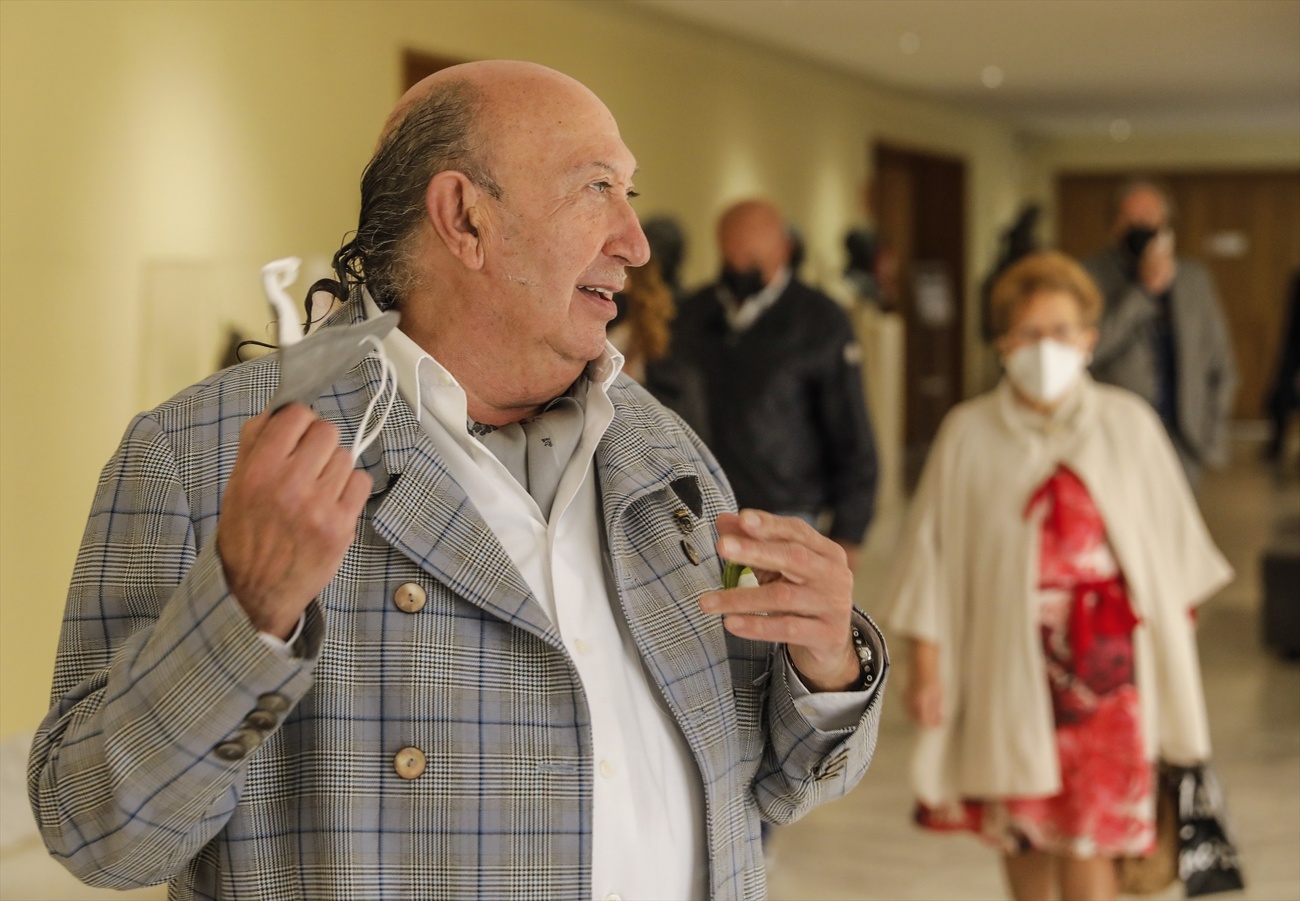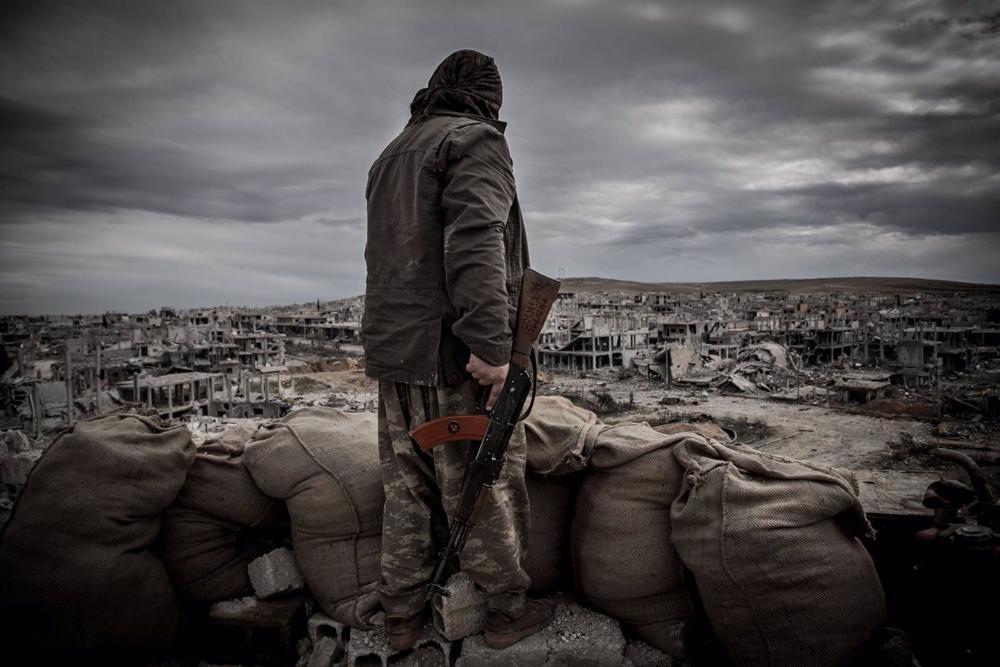
The NGO Human Rights Watch denounced Thursday the delay in the repatriation of more than 42,400 foreigners accused of links to the Islamic State jihadist group and held in camps and prisons in northern Syria.
The organization has indicated that the Kurdish-led authorities are holding the detainees, mostly children, along with thousands of Syrians in inhumane conditions, whose condition has worsened following recent Turkish attacks as part of the ‘Sword Claw’ operation.
«Turkey’s attacks highlight the urgent need for all governments to help end the illegal detention of their citizens in northeastern Syria, allowing all to return home and prosecuting adults accordingly,» said HRW’s deputy director for crisis and conflict, Letta Tayler.
«For every person brought home, about seven remain in unconscionable conditions, and most are children,» Tayler remarked.
Despite this worsening situation, the NGO lamented that before the attacks several people had died in refugee camps and prisons, where people from some 60 countries are held.
None of the foreigners have been brought before a judicial authority in northeastern Syria to determine the necessity and legality of their detention, making their captivity arbitrary and illegal. Detention based solely on family ties amounts to collective punishment, a war crime, denounces the NGO, which has criticized the governments’ actions.
«Governments that knowingly and significantly contribute to this abusive confinement may be complicit in the unlawful detention of foreigners,» says a statement from the organization, which warns that systematic unlawful detention could constitute a crime against humanity.
In this regard, HRW has recalled international legal standards, criticizing several judgments on violations of numerous rights of women and children who had not been repatriated to France or Finland, including the right not to be treated inhumanely, the right to life or to the fair examination of their applications.
He also recalled some of the UN Security Council resolutions, in which he stressed the importance of promoting rehabilitation and reintegration to help women and children associated with groups such as the Islamic State who may be victims of terrorism.
The organization has called on countries to repatriate or help bring detainees back to their country of origin, giving priority to the most vulnerable, including children and mothers, as they do not have adequate medical care, clean water, housing or education.
It has also urged UN entities and other organizations to work to safely resettle foreign nationals facing risk of death or torture.
In addition, he has pointed to the need to create judicial processes alongside Syrian authorities to allow foreigners to fairly challenge their detention, allowing for the immediate release of the innocent.
